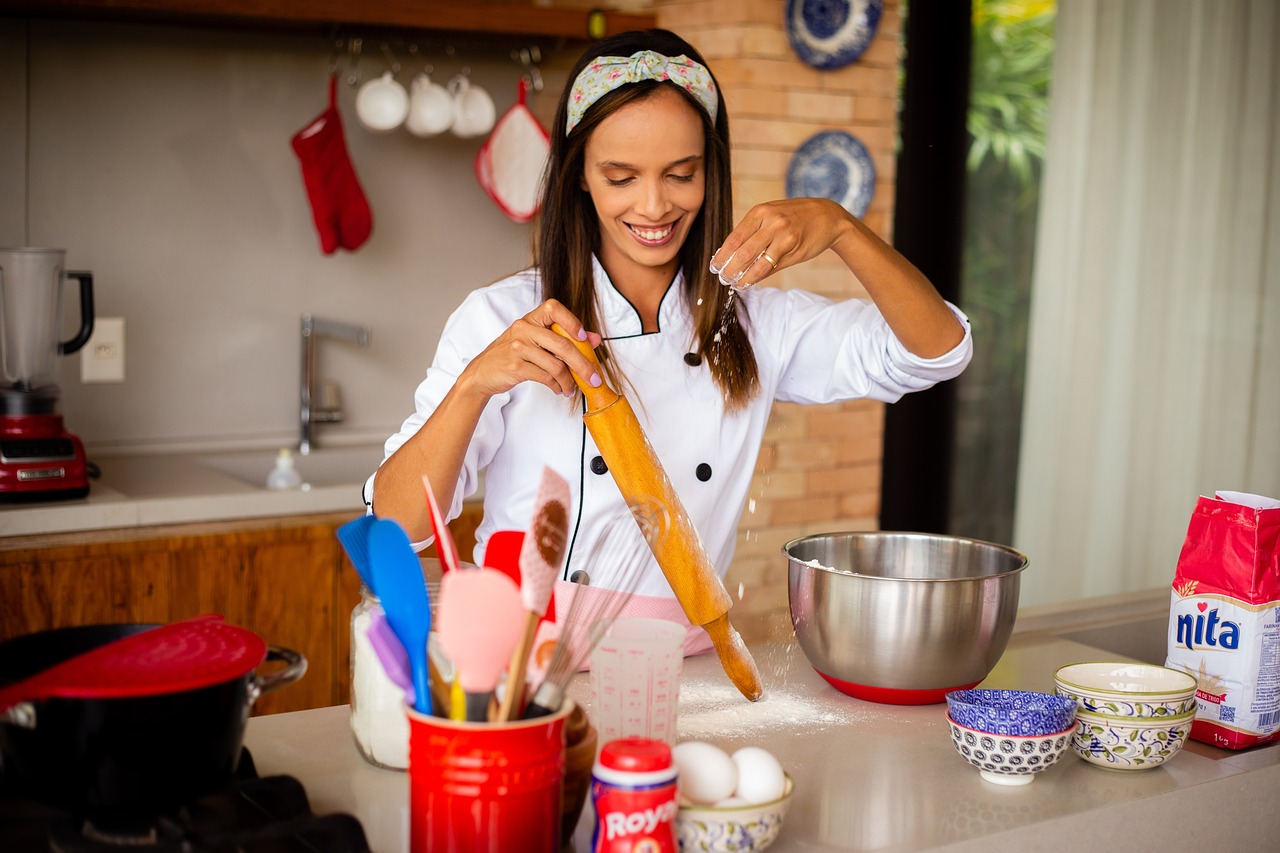What is the difference between a personal and private chef?
Understanding the Difference between a Personal Chef and a Private Chef: Duties, Compensation, and Benefits.
In the world of culinary arts, the terms ‘personal chef’ and ‘private chef’ are often used interchangeably, causing a great deal of confusion. However, these two positions, while similar, are distinct in their roles, responsibilities, compensation, and benefits. This article aims to help clarify these differences and provide a comprehensive understanding of what it means to be a personal chef versus a private chef.
Duties
A personal chef and a private chef both provide professional culinary services, but their duties vary significantly based on their work environment and client requirements.
A personal chef typically works for multiple clients, preparing meals based on each client’s dietary needs and preferences. They plan the menu, shop for groceries, cook the meals, and clean up afterward. Personal chefs often prepare meals for the entire week, packaging and storing them in the client’s refrigerator for easy reheating. They may also cater to small events or parties for their clients. ChefAmore.com provides personal chef services.
On the other hand, a private chef is usually employed by a single client or household and often lives on-site or works full-time in the client’s home. They are responsible for all meals and snacks, and their duties often extend beyond the kitchen. They may be required to plan and execute elaborate dinner parties, manage other kitchen staff, and even travel with the client’s family to ensure consistent meal preparation.
Compensation
The compensation for personal chefs and private chefs also differs based on their unique roles and responsibilities.
Personal chefs typically charge per meal or per day, factoring in the cost of groceries, preparation time, and the complexity of the menu. They may also add a markup for their shopping and planning time. The personal chef industry allows for flexibility in pricing models, and chefs can adjust their rates based on their experience, the local market, and the specific services they offer.
Private chefs, on the other hand, are usually salaried employees. Their compensation often includes benefits like health insurance, paid vacation, and sometimes even housing. The salary of a private chef depends on their experience, the size of the household, the complexity of the job, and geographical location. They may also receive bonuses or other perks, especially if they work for high-profile or wealthy clients.
Benefits
Both personal and private chefs enjoy certain benefits that come with their profession.
Personal chefs enjoy a high degree of flexibility. They can set their own schedules, choose their clients, and often have more control over their menus. This flexibility can lead to a better work-life balance, as personal chefs can take on as much or as little work as they desire.
Private chefs, while they may work long hours and have less control over their schedules, often enjoy the stability of a consistent income and the benefits that come with full-time employment. They may also have the opportunity to travel with their clients and work in luxurious, well-equipped kitchens. Additionally, working closely with a single client or family can lead to strong relationships and a deep understanding of the client’s dietary preferences and needs.
While both personal chefs and private chefs provide professional culinary services, they differ in their duties, compensation, and benefits. A personal chef offers more flexibility, working for multiple clients and charging per meal or day, while a private chef provides a more stable, full-time commitment to a single client or household, often with a salaried compensation package. Regardless of these differences, both roles offer the opportunity to showcase culinary skills and passion for food in unique and rewarding ways.





